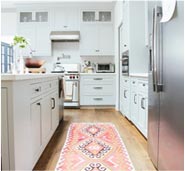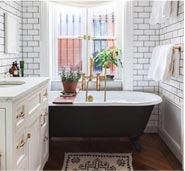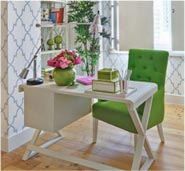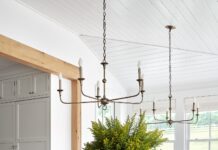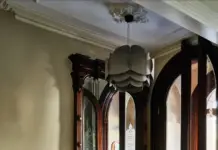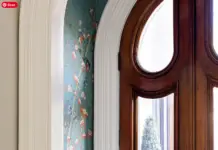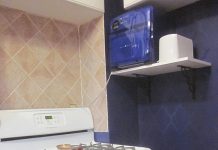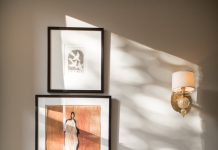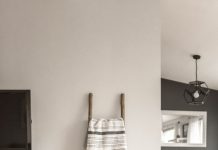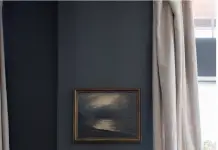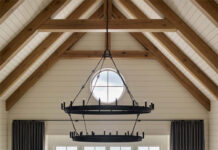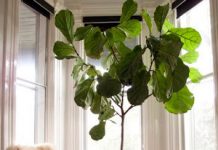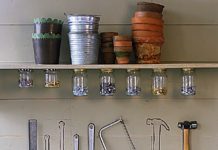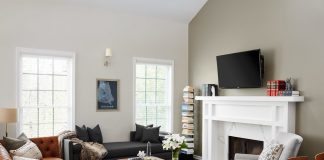Frequent disinfection is as important as physical distancing and hand hygiene.
The virus is carried by respiratory or secretion droplets that can be picked up directly, indirectly or through close contact with infected people. The virus can stay on surfaces for hours to days. On plastics it has been found to stay alive for 3 days, on cardboards for 24 hours and for varying lengths of time depending on temperature, surface, humidity and other factors.

Use EPA-approved disinfectants
There are a lot of disinfectants in the market right now that are being advertised as effective for killing the novel coronavirus, but, most of them are not approved by trusted health experts like the EPA. Only a number of solutions and brands have been deemed effective by health experts.
Here are some of the approved disinfectants:
- Clorox Disinfecting Wipes
- Lysol brand Heavy-Duty Cleaner Disinfectant Concentrate
- Lysol Disinfectant Max Cover Mist
- Purell Professional Surface Disinfectant Wipes
- Sani-Prime Germicidal Spray
- Natural Ways to Kill COVID-19 on Surfaces

- Natural Soap
Soap and water is the most accessible cleaning solution and number one alternative to chemical-rich products that is effective against COVID-19 and also contain little to no chemicals at all depending on the brand and type. It is also used to disinfect the body from the virus – a healthier way than using aggressive disinfectants that may harm the skin after prolonged use.
Soap is made with fat or oil and lye that are the main ingredients in killing viruses. They effectively kill the fat membrane of viruses which completely makes the virus inactive and harmless. Without the fat layer, viruses simply fall apart and cannot survive.

- UV-C Light
Cleaning and disinfecting your home from COVID-19 can be time consuming and costly, but it is a must. There are ways that you can save on costs of cleaning supplies such as hiring professional cleaners, buying in bulk or using disinfecting equipment for long-term use.
UV-C light is one of the most cost-efficient ways in eradicating the virus. You’ll only need to buy the equipment once and maintain it as long as it lasts.
Studies made in Hiroshima University concluded that UVC light with a wavelength of 222 nanometers effectively kills the virus. It’s also safer to use around humans. This study was published in the American Journal of Infection Control.
The use of UVC light against COVID-19 was also recommended by Columbia University’s Irving Medical Center.
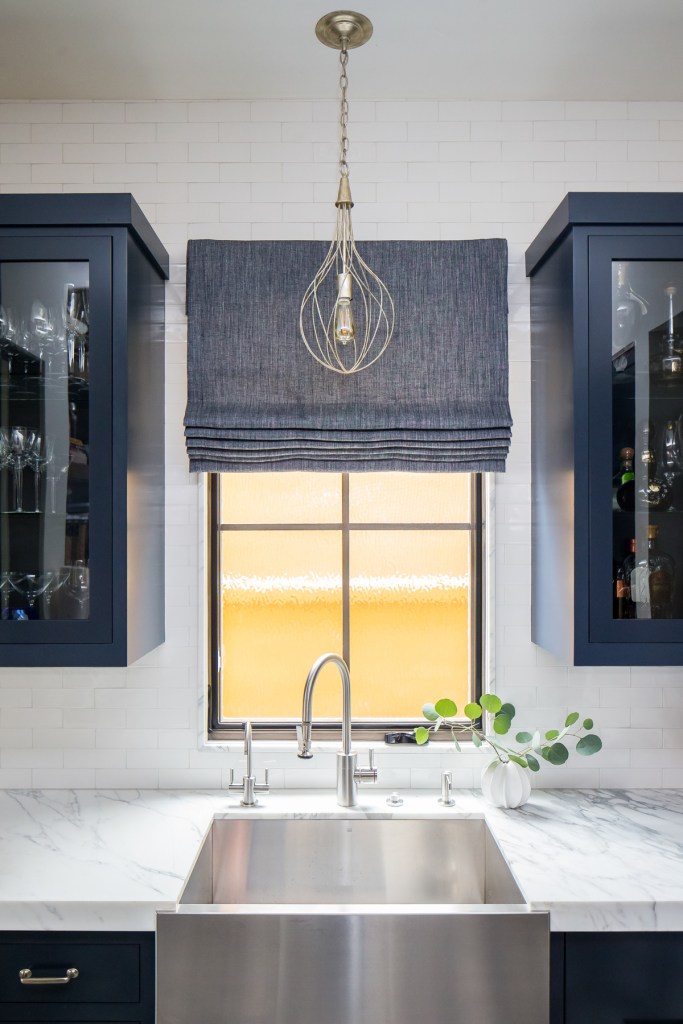
- Alcohol (70%)
Alcohol has always been used as a household disinfectant because of its cleaning and disinfecting properties against bacteria, fungi and viruses. It’s also used in pharmaceuticals and hospitals.
Despite being at par with conventional cleaning and disinfecting solutions, alcohol is a naturally occuring substance. Often times it’s isolated from plants through steam distillation. However, it can still be toxic to humans if ingested or inhaled.
So, how does alcohol kill the virus?
Now, you know that soap kills the fat component of the virus, rendering it inactive and unable to harm anybody. On the other hand, alcohol attacks the fatty lipid bilayer of the virus which holds it together. It works just like soap, but there are a few conditions that need to be met for its efficacy.
Using 70 percent alcohol is recommended by health experts. But, if 70 percent is effective, then why not use 90 percent alcohol?
Anything below 70 percent is not effective against the coronavirus and anything higher than 70 percent is also less effective. This is because the solution needs a certain amount of water to keep the alcohol from evaporating too quickly. If 90 percent alcohol is used, the alcohol won’t have enough time to kill the virus.
- Hydrogen Peroxide
Hydrogen peroxide is an oxidizer, bleaching agent and antiseptic that is absolutely capable of killing the virus. Inf act, conventional disinfectants recommended by health experts contain an amount of hydrogen peroxide, around 1.4 percent.
, but they’re usually sold at higher percentages. In most drugstores, you’ll find 3 percent hydrogen peroxide which is quite more than what’s in your everyday disinfectant. Yes, that’s enough to kill the virus.
However, 3 percent hydrogen peroxide can easily become a corrosive agent that can ruin your furniture and belongings. So, use it wisely and only do so as a substitute to bleach and other tried and tested cleaning products.
- Phenolic Disinfectants
Phenol is one of the oldest antiseptic agents used for household cleaning and industrial purposes. It may even be the first surgical antiseptic.
It is organic and can be found in nature, especially in plants. Unlike other conventional cleaning products, phenol can do no harm to nature. However, it is still very unsafe for humans to ingest or to be in contact with. In fact, ingestion of pure phenol may result to gastrointestinal damage and even death. On the other hand, skin contact may cause severe skin irritation.
Phenolic disinfectants contain pure phenol and other products that strengthen the effect of the compound as a disinfectant. They have been effective against hydrophilic viruses, coronaviruses and HIV.
“Prevention is better than cure.”
The human race has been plagued by endemics and pandemics since the beginning of time including the Influenza Pandemic of 1918 which managed to infect half a billion people and kill 50 million. Through all these dire times, we, humans have only emerged stronger with life-changing discoveries in the medical field and improved lifestyles.
Today, we are adapting to the course at which the novel coronavirus is taking us – a new world where physical distance is the new way of caring and where simple hand hygiene can save thousands of lives. Today, anyone can be a hero. Thanks to Calibre Cleaning for consulting


